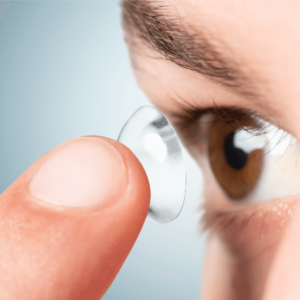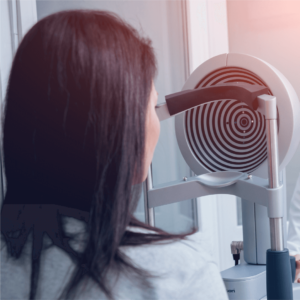Keratoconus
Keratoconus (literally, conical cornea) is a thinning of the central zone of the cornea, the front surface of the eye. The normal pressure within the eye makes the thinner area of the cornea bulge forward slightly.
Signs and Symptoms You May Have Keratoconus Include…
Why Should You Be Concerned?
Keratoconus is an inherited disorder that occurs in about one in 3 000 people. It is a recessive condition requiring genetic factors to be inherited from both parents, so the chances of the children of a person with keratoconus also having the condition are low (around one in 50).
Keratoconus usually becomes apparent between the ages of 10 and 25 years. It is sometimes associated with other conditions such as allergies, infantile eczema, asthma, reduced night vision, double jointedness and, in rare instances, with occasional short bouts of chest pain.
Because keratoconus is a genetic condition, it cannot be treated with drugs but glasses and contact lenses can give good vision and surgery can be used to treat severe cases. Keratoconus does not cause blindness.
Interestingly, about 60% of people with keratoconus go on to tertiary education, compared with 15 per cent of the population as a whole.
The Best Ways to Manage it



